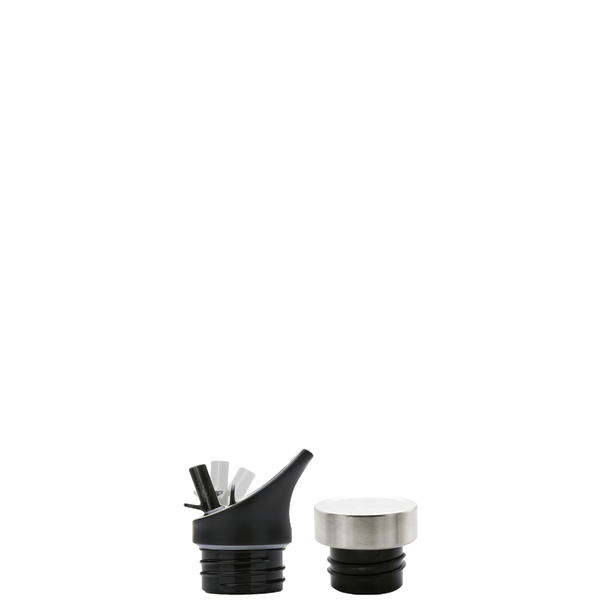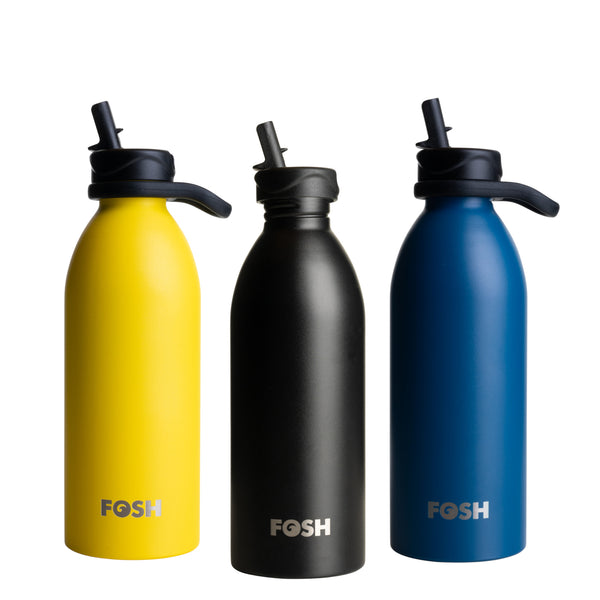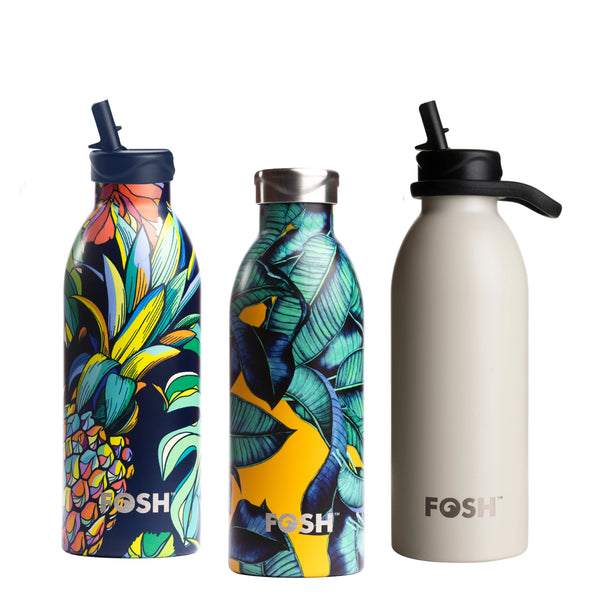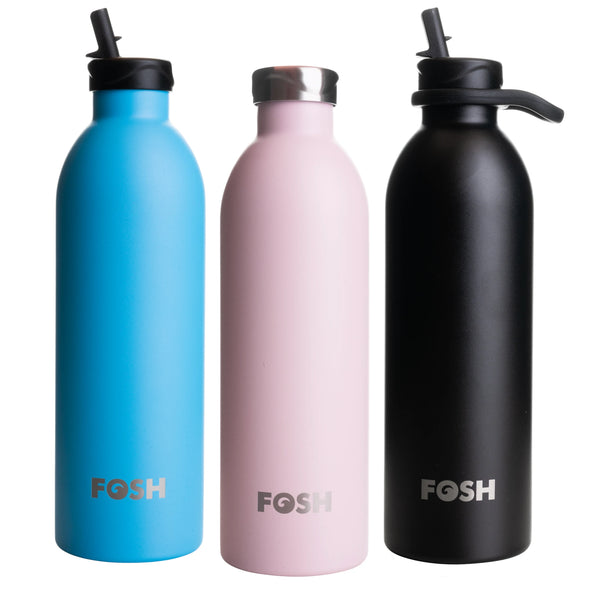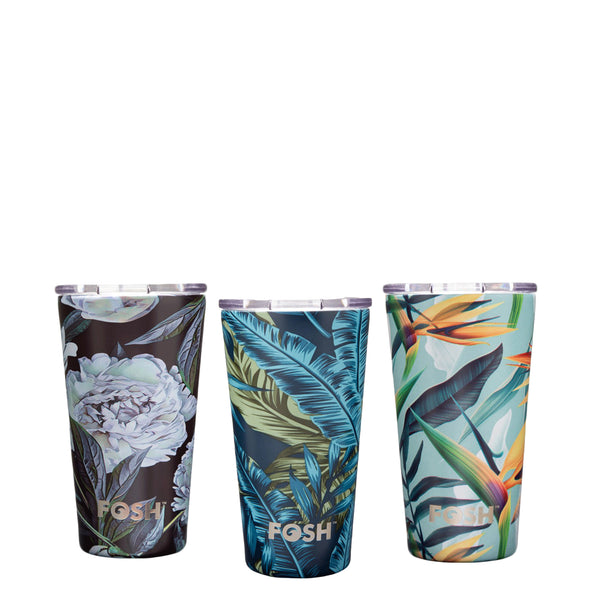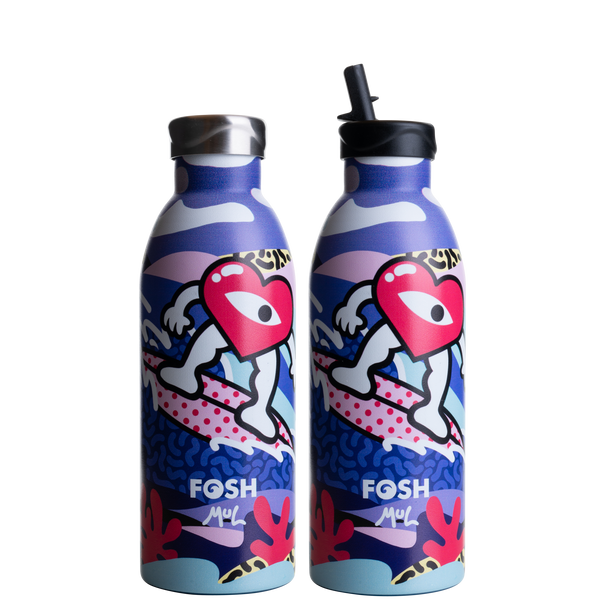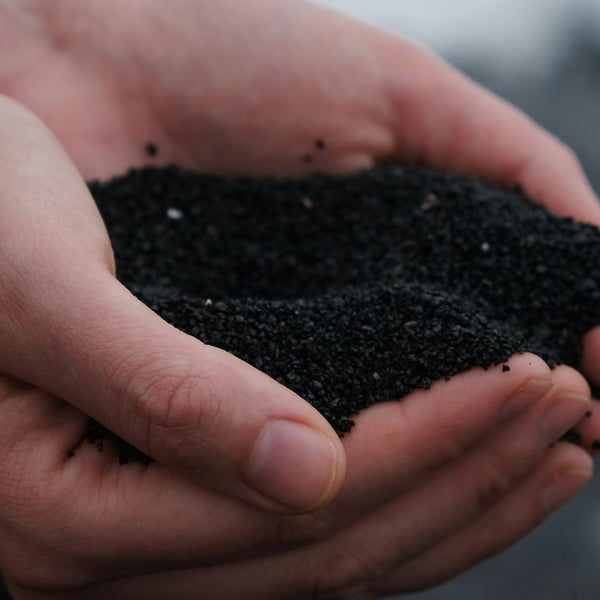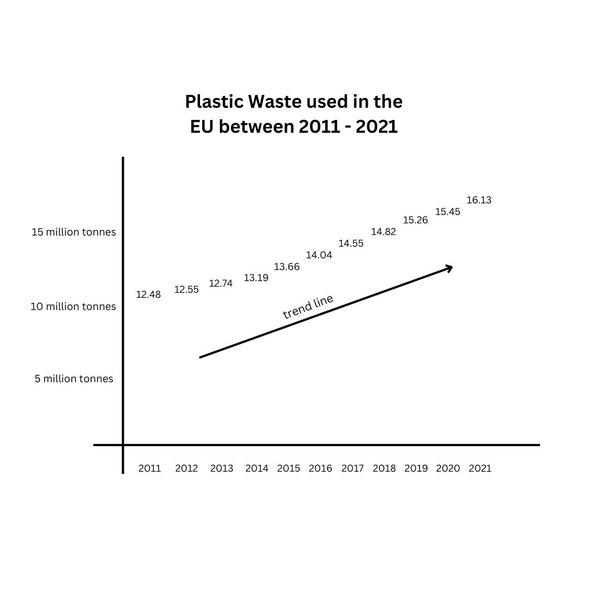Will “compostable” plastic really degrade in your home compost heap? Buyer Beware!
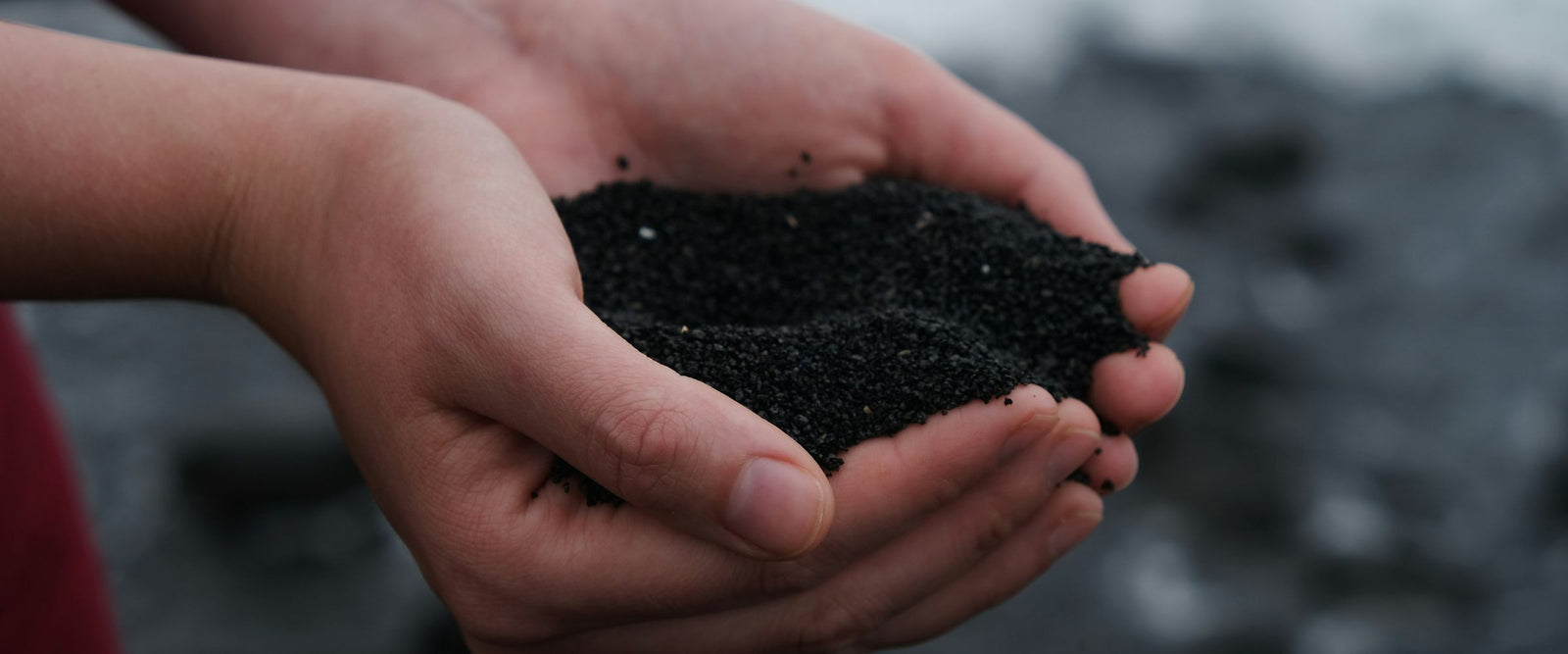
Here's something for you, "compostable plastic" which will theoretically leave no trace on the environment as you simply compost it after use! Sounds like a great solution yes? Well sadly like most things that sound to good to be true it isn’t quite as simple as it looks. While plastic-like materials will decompose in the right conditions, it’s rare they are disposed of correctly outside the laboratory.
Put a "plastic" cup made of compostable PLA materials (PLA is Polylactic acid which is a thermoplastic monomer derived from renewable, organic sources such as corn starch or sugar cane commonly used in compostable plastic products) in your home compost and sadly you won't be guaranteed to break it down as you may expect, the reason? Well it requires a specific set of micro organisms used in industrial composting that need temperatures well above what most home composts create, in other words in a laboratory it may well do but in the garden, well put simply it probably won't.
Add to this the marketing around this product that is nothing short of confusing. To back up this argument a UK-based science experiment from 2022 called “The Big Compost Experiment,” had people carry out home compost experiments to test the performance of compostable plastics. The public were generally "very confused" about what was compostable and what wasn’t, and many of the objects labeled as “home compostable” did not fully disintegrate into their compost bins. See my point.

Plastic is not bad, it is the way we apply it that is bad. Worse again the way we suggest that issues coming from us using it are okay because the manufacturers have magically fixed the problem, in this case they have made it go away, literally in a compost heap, one of the greenest things we do but there very well may be a catch, it might not!
Plastic used in single use applications in our opinion need to be kept to a minimum as they are wasteful by their very nature and have long lasting consequences to future generations.

The answer, certainly as we sit today is to use these products sparingly and only where necessary but don't worry, there are plenty of options.
Look at the range of reusable water bottles available today and you will find a smart water bottle that will work for you for many years at an amazingly realistic cost, in fact it will not only reduce your plastic usage but it may even make you money by saving the cost of all those water bottles you didn't buy, convinced?

Image FOSH Ltd
Low cost, high quality and keen to get your business with colourful designs and rich finishes FOSH offer better ways to consume water than buying single use bottles.
As we sit in modern times never has the old saying "buyer beware" been more relevant, we all need to be aware of the script today, buzzwords and feel good phrases just don't cut it anymore, it's up to us, we are after all the most intelligent species on the planet but we are acting like lemmings and happily putting our faith in plastic manufacturers rhetoric that may well be misplaced, what happened to us?
The problem is out of hand, it is almost too late BUT, together and working as a team saying no to the bad and yes to the good we can, possibly, find our way through in some sort of fashion that won't leave our forebears disgusted with us.
Oh, did we mention you can look cool whilst staying hydrated? No, well you can, see:

FOSH make high quality reusable bottles that are both fashionable and desirable but won't cost the Earth! Available in stores throughout the UK, online or click here for our shop.
The views in this article are opinions held by the writer.
